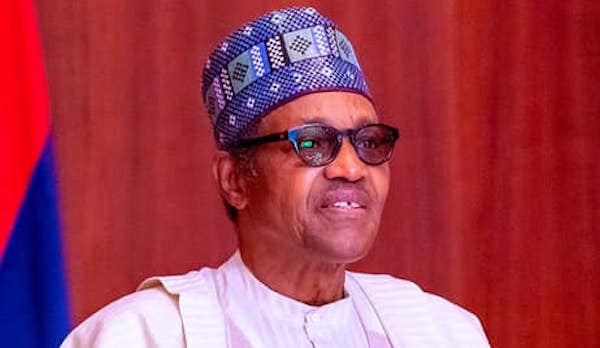Business
IMF says Nigeria at critical juncture, suggests ways out of economic woes

The International Monetary Fund (IMF) has stated that Nigeria is at a critical point, with the country’s economy projected to record a sluggish growth following its second recession in five years.
IMF estimated Nigeria’s Gross Domestic Product (GDP) contracted by 3.2% in 2020 following sharp drop in oil prices and capital outflows, while Headline inflation was placed at 14.9% last year November. This is a 33-month high according to IMF Article IV consultation with Nigeria.
The Article IV contained the feedback of IMF executive board. The report seen by Ripples Nigeria further disclosed that the increase in headline inflation was caused by impact of lockdown on supply, land-border closure and continued import restrictions on core and food inflation.
The board executives also concluded that, “The unemployment rate reached 27 percent in the second quarter of 2020, with youth unemployment at 41 percent.”. adding separately that, “Socio-economic conditions have deteriorated, with rising food inflation, elevated youth unemployment, mass protests in October 2020, and surveys show worsening food insecurity with a significant impact on the vulnerable.”
Read also: IMF cautions CBN against financing Nigerian govt’s budget deficit
The lower oil prices and reduction in global demand have also increased Nigeria’s external vulnerabilities. IMF said Nigeria’s current account will remain in deficit in the first six-months of this year.
But IMF corroborated the Nigerian government’s projection that the Nigerian economy will recover in 2021, but the international credit organisation said full recovery is not expected until next year, 2022.
IMF report that 2021 recovery is projected at 1.5 per cent, while the Gross Domestic Product will retract to pre-COVID-19 level in 2022, “Nigeria’s recovery is expected to be weak and gradual under current policies. Real GDP growth in 2021 is expected to turn positive at 1.5 per cent. Real GDP is expected to recover to its pre-pandemic level only in 2022.”
The report also disclosed, “Risks are tilted to the downside and include the resurgence of the pandemic, security situation and unfavorable external environment. Capital outflow risks arise from the record-low domestic interest rates and large foreign holdings of domestic securities.
“On the upside, recovering oil prices and completion of the Dangote oil refinery could catalyze more domestic crude oil production and boost growth.” The Article IV document stated.
IMF said Nigerian government adopted a pandemic-related support package equivalent to 0.3 percent of Nigeria’s GDP in the 2020 revised federal budget despite limited fiscal space in a swift manner, while commending the government for measures applied to “address the health and economic impacts of COVID-19 pandemic which have exacerbated pre-existing weaknesses.”
The credit body also highlighted some policies implemented by FG in the fiscal sector such as removal of fuel subsidy and cost-reflective tariff in electricity charges in the power sector.
IMF made some suggestions to the Nigerian government to help grow the country’s economy, stating that there’s an urgent need for policy adjustment and more fundamental reforms to sustain macroeconomic stability and lift growth and employment.
“they stressed the need for significant revenue mobilization to reduce fiscal sustainability risks, relying initially on progressive and efficiency-enhancing measures with higher tax rates awaiting a more sustained economic recovery. They highlighted the need for improved social safety nets to cushion potential negative impacts on the poor.” IMF Article IV revealed.
The document further stated that the drectors noted that “multiple rates, limited flexibility, and foreign exchange shortages are posing challenges. They recommended a gradual and multi-step approach to establishing a unified and clear exchange rate regime with the near-term focus on allowing for greater flexibility and removing the payments backlog.”
Join the conversation
Support Ripples Nigeria, hold up solutions journalism
Balanced, fearless journalism driven by data comes at huge financial costs.
As a media platform, we hold leadership accountable and will not trade the right to press freedom and free speech for a piece of cake.
If you like what we do, and are ready to uphold solutions journalism, kindly donate to the Ripples Nigeria cause.
Your support would help to ensure that citizens and institutions continue to have free access to credible and reliable information for societal development.
























